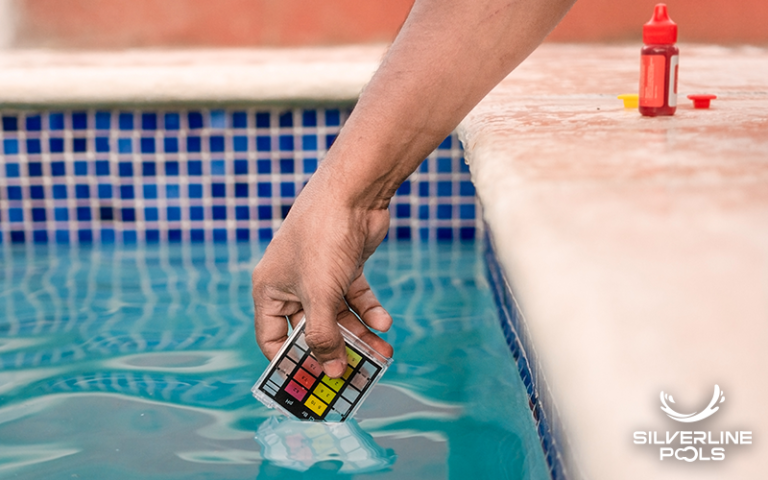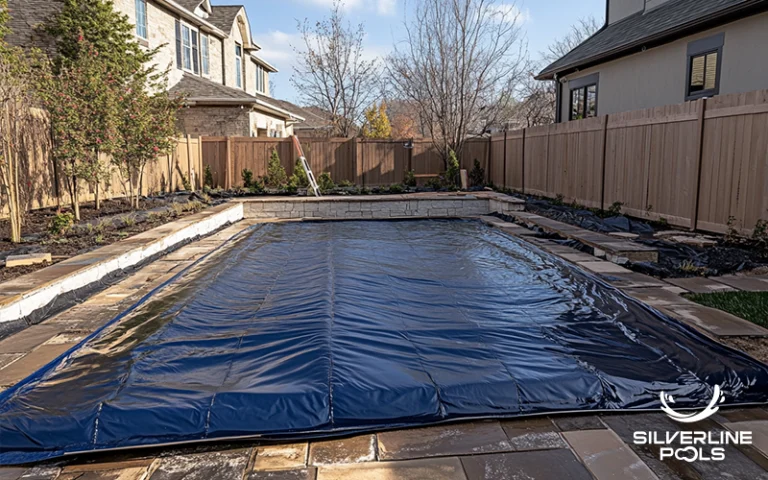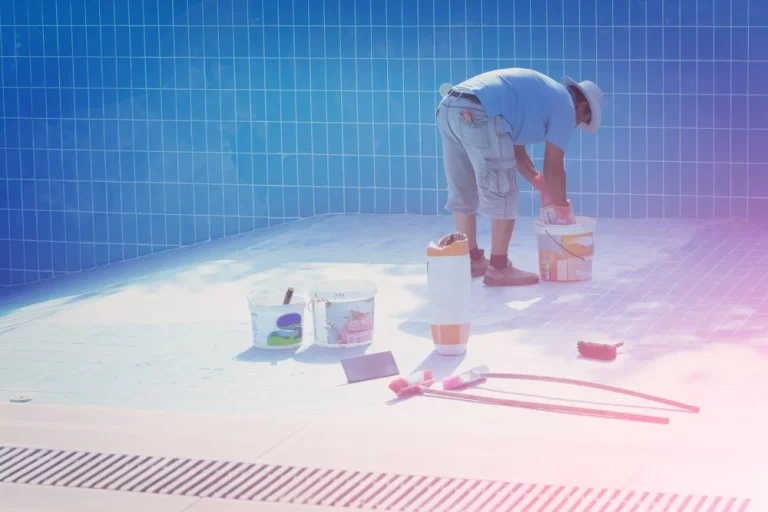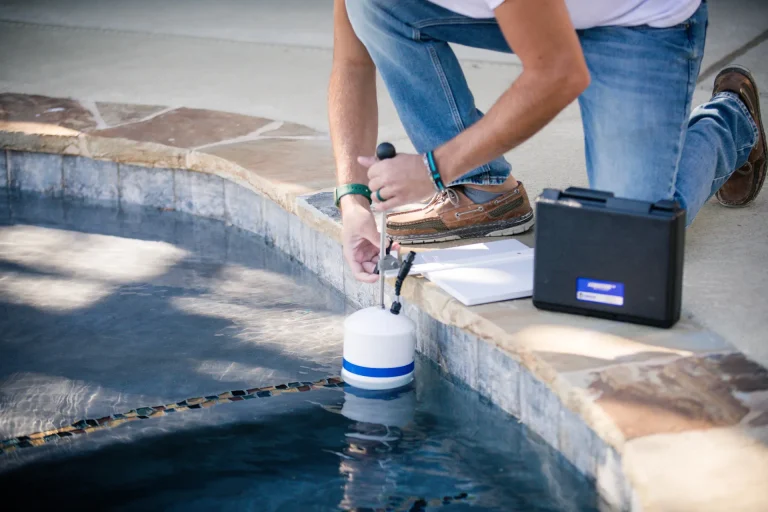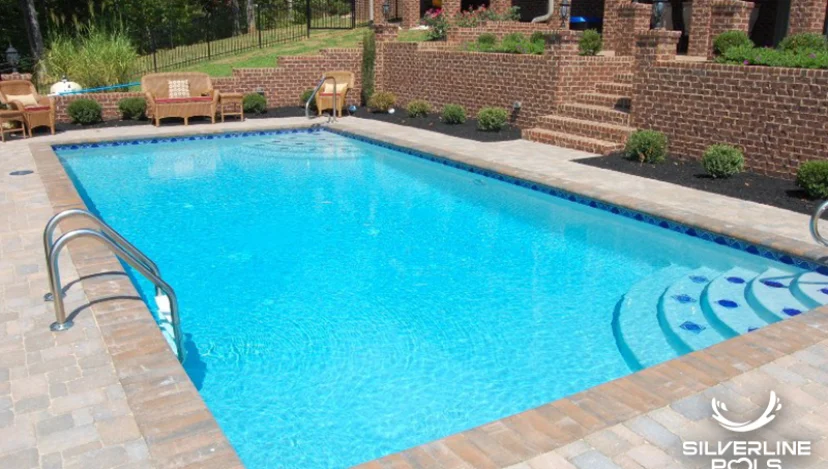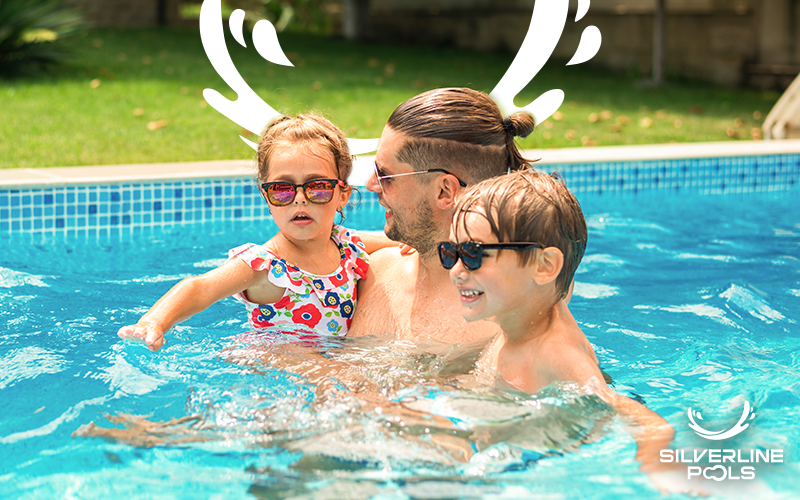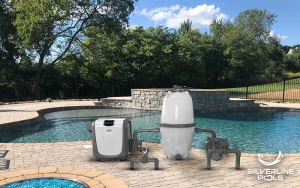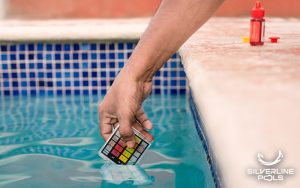The soft and silky water of saltwater pools is what every owner long for during a swimming season. A saltwater pool has many benefits. From health benefits, safe swimming, luxurious swimming experience, to low maintenance costs and durable equipment, these pools are music to the ears of every pool owner.
This pool guide explores the top 10 benefits of saltwater pools. It also explain difference between saltwater pools and the traditional chlorinated pools. You will learn about saltwater swimming pool maintenance and how to convert a chlorine pool to a saltwater pool.
Let’s jump into your expert guide.
What are the ten benefits of saltwater swimming pools?
Following are the ten benefits of having a saltwater pool in your backyard:
- Health Benefits
- Luxurious Swimming
- Safe Swimming
- Continuous Disinfection
- Keeps Natural Moisture Balance
- Environmental Benefits
- Low Maintenance and Ownership Costs
- Low Chlorine Odor
- Exfoliating Agent
- Long Lasting Equipment
1. Health Benefits
A salt pool is health-beneficial and some of the top health benefits of these pools include:
i. Respiratory Relief
- Mucus thinning and reduced airborne allergens
- Inhaling fine salt particles can encourage healthy respiratory function
- Gentler on the lungs and promotes healthy breathing.
- Reduce allergens in the air.
ii. Soothing Effects on Muscles and Joints
- Eases sore muscles and joints
- It helps relax muscles
- Enhances joint mobility
- It induces the release of tension
iii. Pain Relief
- Easing of aching muscles and joints
- Improvement of nerve function
- May lessen arthritis symptoms
2. Luxurious Swimming
Saltwater pools offer a luxurious swimming experience. The salinity in these pools is gentler on the eyes and skin. The saltwater pool owners experience a silky and therapeutic sensation on the skin.
3. Safe Swimming
Saltwater pools provide safe and risk-free swimming as compared to chlorine pools. You no longer need to worry about solid chemicals like chlorine and their potential risks to the eyes, ears, and skin. Saltwater pools also limit the handling of pool chemicals as the salt water system do the job for you.
4. Continuous Disinfection
Saltwater pools undergo disinfection with non-stop chlorine production through electrolyte chlorine generator. The salt is passed through two charged titanium plates, breaking it into hypochlorous acid. Hypochlorous acid ensures a steady pool disinfection process.
5. Keeps Natural Moisture Balance
A dermatologist, Dr. Deanne Mraz, says that the magnesium and potassium in the saltwater help retain the natural hydration level of the swimmers’ skin. Saltwater opens the body’s pores to shed impurities and absorb moisture.
6. Environmental Benefits
Saltwater pools are healthy for the environment as they contain less chlorine. When the saltwater evaporates, the residue isn’t as harmful as the chlorine pools.
7. Low Maintenance and Ownership Costs
Installing saltwater pools can be more expensive than chlorinated pools. However, saltwater pools are easy to maintain, lowering the ongoing ownership costs. The chlorinated pools require chlorine tablets or capsules regularly. In the case of saltwater pools, adding one or two bags of salt per year is usually enough.
8. Low Chlorine Odor
Saltwater pools have a low chlorine odor compared to the firm, pungent, and unpleasant smell of chlorinated pools.
9. Exfoliating Agent
The gentle and effective exfoliating properties of saltwater benefit people with sensitive skin. The rough and grainy texture of saltwater granules gently cleans dead skin cells on the surface of your skin.
10. Long Lasting Pool Equipment
Another benefit of a saltwater pool is the longevity of its pool equipment. The corrosive and damaging properties of chlorine are minimized in these pools.
How do I maintain my saltwater pool?
Here are some tips for maintaining a saltwater pool:
- Add the correct quantity of salt
- Maintain and clean the pool’s water circulation system
- Prevent calcium buildup
- Check the pool’s salt cell every three months
- Keep your pH and chlorine balanced
- Skim, brush, and vacuum your pool every week
What is the difference between saltwater and chlorinated pools?
Here are some of the differences between saltwater and chlorinated water of traditional pools:
| Saltwater Pools | Chlorinated Pools |
| Pure form of chlorine | Chloramine buildup |
| No smell due to low chlorine level | Strong chlorine smell |
| Soft feeling | Harsh feeling |
| Lower cost of chemicals | Higher cost of chemicals |
| Bulky chemicals | Lighter weight chemicals |
| Cardiac device safety issue | Safe for cardiac devices |
What are the cons of saltwater pools?
Here are some of the disadvantages of saltwater pools.
- Saltwater pools require a saltwater chlorine generator (SWG) system, which is more expensive than the chlorinated pools’ system.
- Salt is corrosive and can damage pool equipment such as ladders, heaters, light fixtures, etc.
- The SWG system of the saltwater pools requires more cleaning and maintenance.
- The SWG system is more complex than the chlorinators, so fixing it is more expensive and challenging.
- More electricity usage.
How do I convert chlorinated pools into saltwater pools?
Are you planning to switch from chlorinated pools to saltwater pools? You are in the right place. You can transform an existing chlorine pool into a saltwater pool.
Simply install a saltwater generator in your chlorinated pool and learn about its operation. There you go! You are all set. Although it is DIY-able, a professional company will do everything safely and promptly.
Silverline Pools: Your Best Pool Services Company
Silverline Pools is your go-to company for diverse pool services. Whether constructing chlorinated pools or converting them into saltwater pools, you have an expert pool partner to trust. We provide the following customized services for your saltwater pool.
- Saltwater pool construction
- Saltwater pool maintenance and cleaning
- Saltwater pool repairs
- Pool equipment installation and repairs
- Saltwater pool landscaping
Wrapping Up
Saltwater pools are excellent alternatives to traditional chlorinated pools. They offer a bodily health advantage over chlorine pools. A saltwater pool is the best choice for owners looking for a luxurious and healthy swim experience.
For pool owners converting their chlorine pools into saltwater pools, calling out an expert company such as Silverline Pools would help. Contact their ready-to-serve team and enjoy a soothing summer in your gleaming backyard saltwater oasis.
Frequently Asked Questions
Do you need to shower after a saltwater pool?
Taking a shower after swimming in a saltwater pool is an excellent way to lower your skin’s pH.
Is it necessary to shock a saltwater pool?
Yes, you can shock your saltwater pool. However, shock treatment is not generally needed as saltwater pools undergo self-cleaning.
Do saltwater pools get algae?
Yes, saltwater pools can develop pool algae if they are not properly sanitized. Saltwater pools, like chlorinated pools, need proper maintenance and cleaning.
Do saltwater pools have more bacteria?
No, saltwater pools develop more bacteria than chlorinated pools. This is because they generate bacteria-killing chlorine through electrolysis.
Do saltwater pools have healing properties?
Yes, saltwater pools offer therapeutic healing for joints and muscles.


